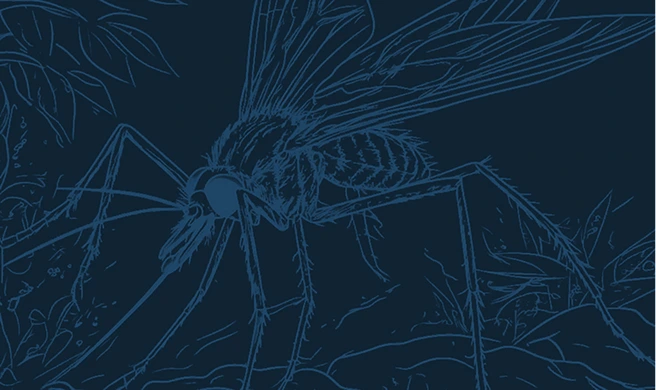About the instructor:
Event Summary
In this session, we had two presenters. Saratu Abiola delivered a talk titled A Short Introduction to the Sauki AI Tool, where she outlined what Sauki is, how it operates, and its potential to assist researchers and professionals in their work.
Dr. Frank Baiden’s presentation focused on Ghana’s Malaria Elimination Efforts. Below is a summary of his key points:
Ghana aims to eliminate malaria by 2028 through strategic interventions such as improved diagnostics, vector control, and vaccination. The country is concentrating on 21 districts that have demonstrated significant progress in reducing malaria cases. While notable advancements have been made, challenges persist, including funding constraints, climate change, and the need for enhanced surveillance. Malaria remains a major health threat in Sub-Saharan Africa, particularly for children under five and pregnant women. Effective control measures include the use of insecticide-treated nets, indoor residual spraying, and environmental management. The introduction of malaria vaccines and specialized treatments for pregnant women represents a significant milestone in the fight against the disease. Despite progress, obstacles remain. Only 40% of Ghanaian households consistently use insecticide-treated nets, and vaccine supply is still limited. Climate change is altering malaria transmission patterns, necessitating adaptive strategies. Sustained external funding and donor support are crucial for maintaining malaria elimination programs. Success stories from countries like Algeria and Morocco, as well as the significant reduction of malaria cases in Zanzibar, highlight that elimination is achievable. Ghana’s targeted approach in select districts, coupled with improved surveillance, strengthens its position toward reaching the 2028 elimination goal.
Related Events




